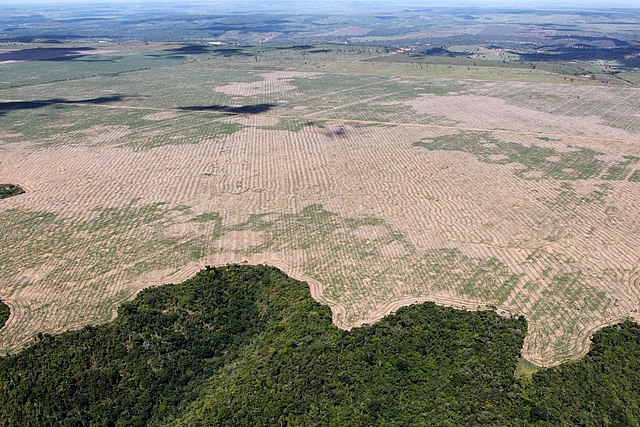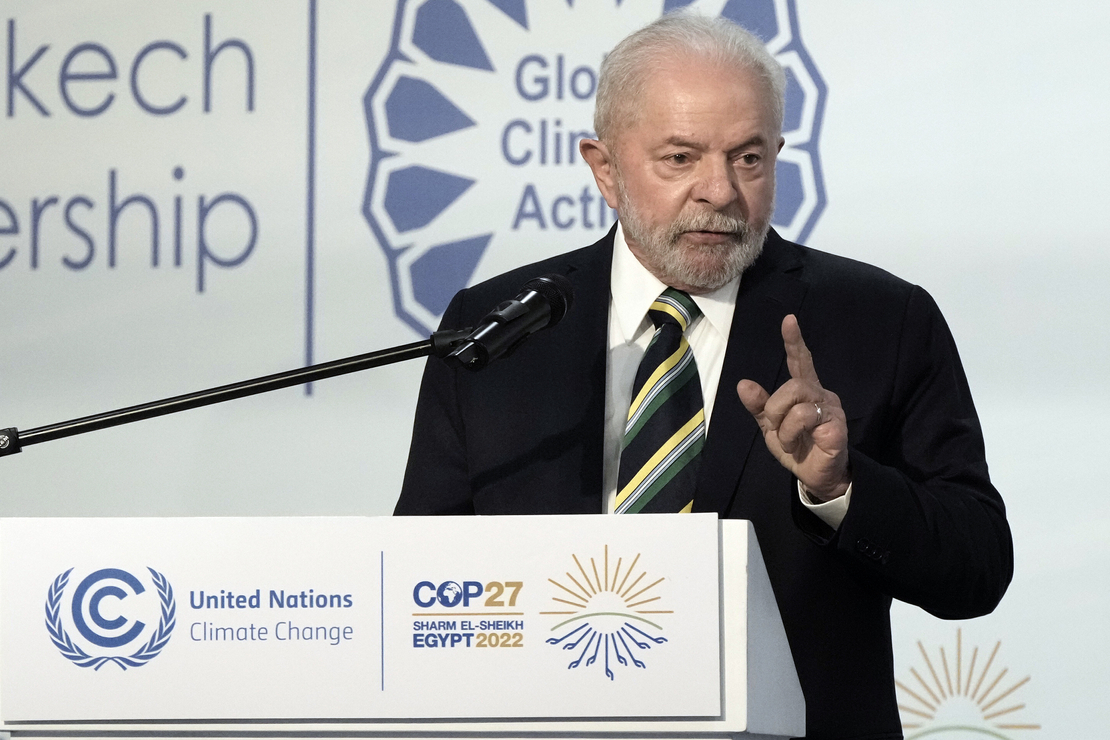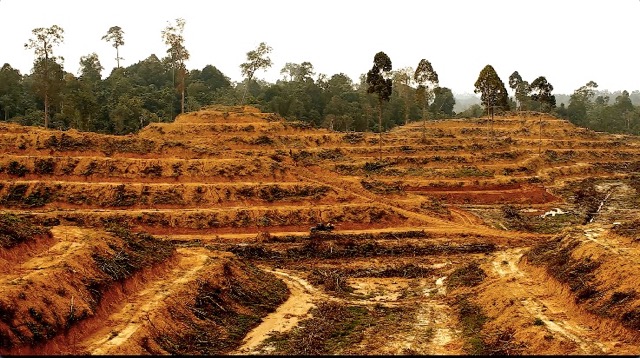 In October, Brazilians voted to replace their one-term president Jair Bolsonaro with Luiz Inácio Lula da Silva.
In October, Brazilians voted to replace their one-term president Jair Bolsonaro with Luiz Inácio Lula da Silva.
Lula’s victory was welcomed by many as an end to Bolsonaro's regime and its destructive environmental policies. At the recent COP27 climate conference in Egypt, Lula was greeted enthusiastically by his supporters.
Lula led Brazil from 2003 through 2010 as a highly popular advocate for Brazil’s low-income and labor groups. However, a few years after he left office, the party he founded was mired in a corruption scandal. Lula himself was sentenced to 22 years in prison.
Yet, after serving 580 days, he was freed in 2019, when Brazil’s Supreme Court ruled that the judge in his case was biased. This paved the way for Lula’s political comeback. Let’s look at why his victory is very important for the Amazon rainforest.
The High Stakes In The Amazon
The Amazon rainforest is one of the largest natural carbon sinks on the planet and is crucial in the fight against climate change. This is because trees capture carbon, which if released, would trap heat causing global warming (a rise in Earth's temperature).
 But with widespread deforestation, much of the captured carbon within the Amazon is being released into the atmosphere. Almost 17 percent of the rainforest has already been decimated. Scientists have also estimated that once that number passes 20 percent, parts of the Amazon will eventually transform into arid wastelands.
But with widespread deforestation, much of the captured carbon within the Amazon is being released into the atmosphere. Almost 17 percent of the rainforest has already been decimated. Scientists have also estimated that once that number passes 20 percent, parts of the Amazon will eventually transform into arid wastelands.
During his previous term as president, Lula enacted strict policies that reduced deforestation by 80%. When he first began office in 2003, the Amazon had lost more than 6.3 million acres of rainforest. When he left in 2010, deforestation in the Amazon was at its lowest level.
But under Bolsonaro, annual deforestation is back up to 75%. Bolsonaro suppressed Brazil's environmental agencies, allowed illegal mining and fishing, and encouraged the cutting down and burning of trees in the Amazon by ranchers. Between 2019-2021, more than 13,000 square miles of trees were cut down, with the region beginning to emit more carbon than it absorbs.
Even in the weeks before the election, illegal logging gangs had stepped up their operations. Under Bolsonaro, Brazil also saw an increase in the murders of indigenous activists and conservationists.
Plans For The Future
 On the campaign trail, Lula placed a special emphasis on climate.
On the campaign trail, Lula placed a special emphasis on climate.
Marina Silva, a former environment minister, has also asserted her support for Lula’s campaign. She originally resigned from Lula’s administration in 2008, when she became frustrated with his controversial policies on a hydroelectric dam. With her return, Silva hopes to prioritize climate change, conservation, and the protection of Brazil’s indigenous peoples.
Silva has already proven to be a key force in Lula’s policy plans, persuading him to pledge to “zero deforestation,” rather than “net zero deforestation.”
As president now, Lula must navigate a challenging political situation. Nonetheless, world leaders and conservationists are optimistic that his administration can make a change.
Sources: NY Times, Grist, Vox, NBC, BBC








